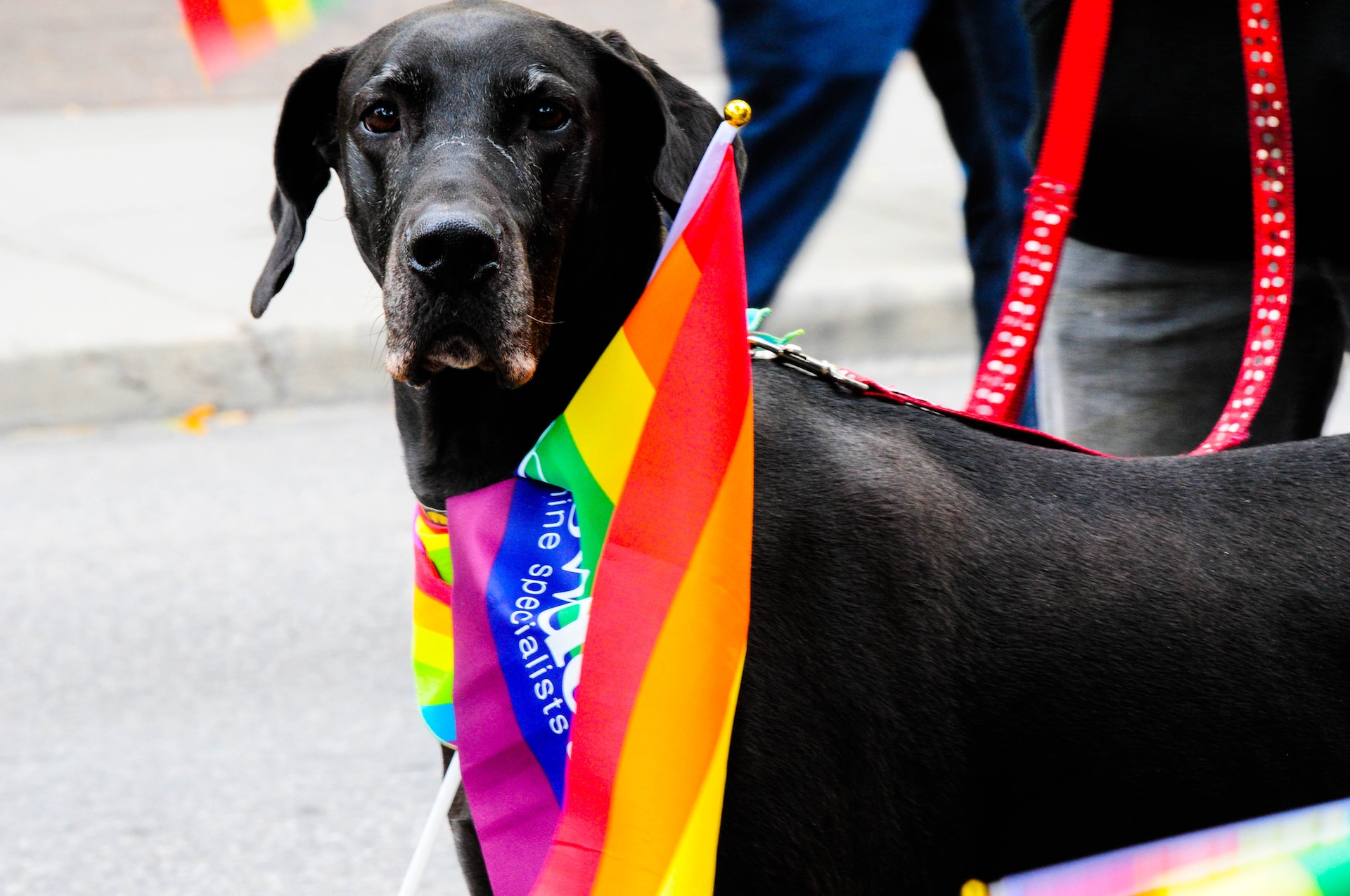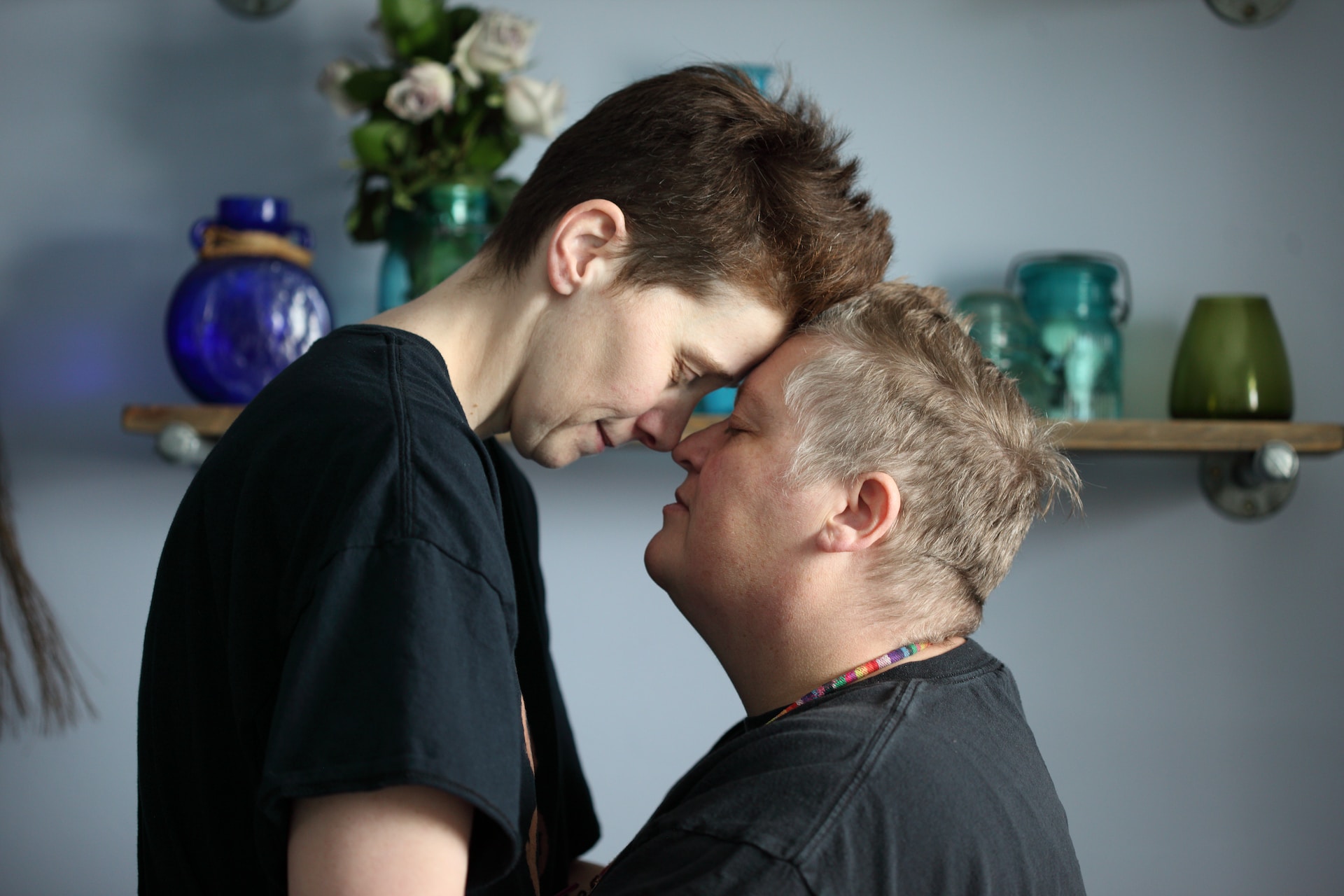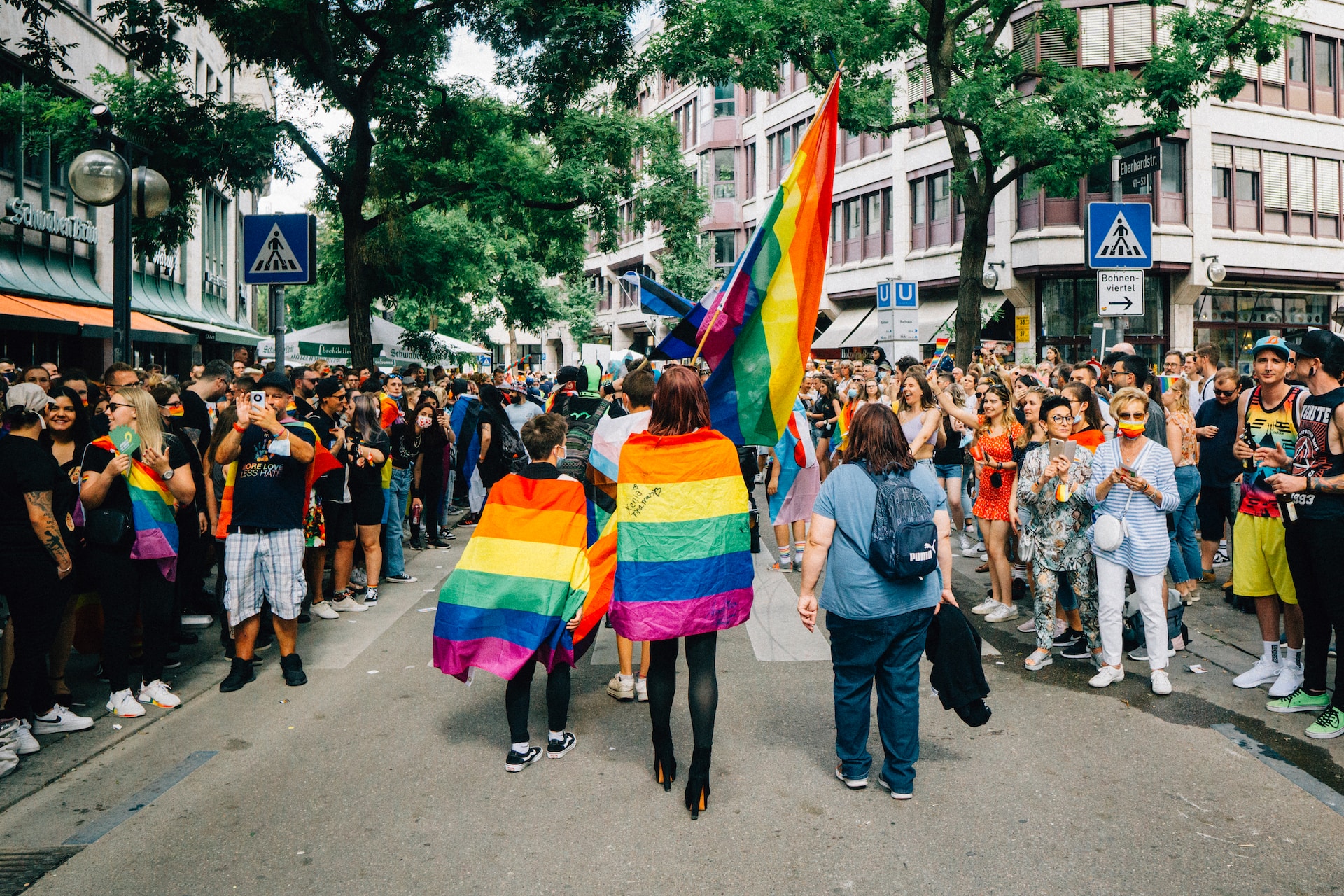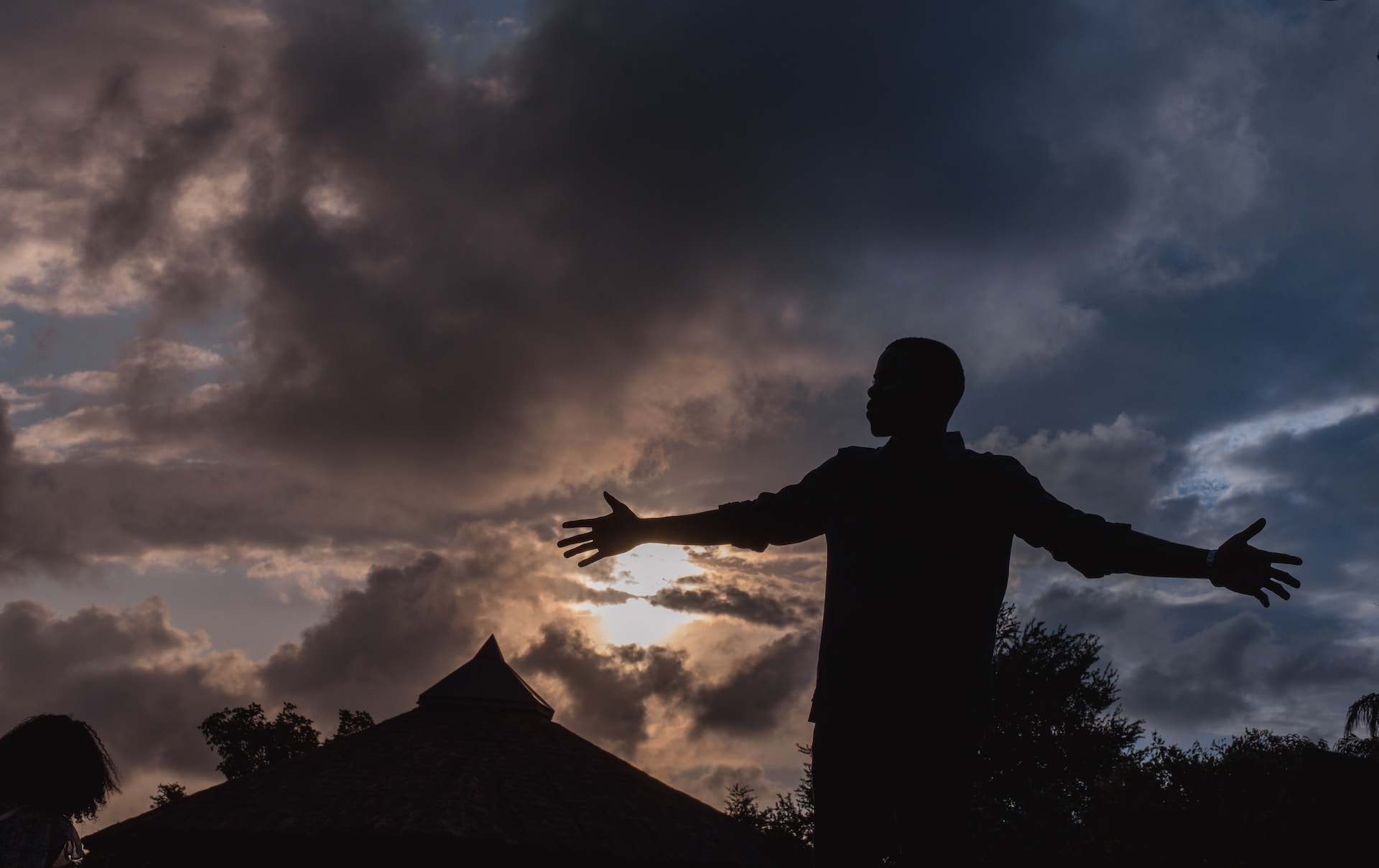Mississippi Makes History with First Out Gay Legislator

In a groundbreaking election, Mississippi voters have chosen Fabian Nelson as the state’s first openly gay lawmaker, signaling a significant shift in the state’s political landscape. Nelson, a real estate professional known for his advocacy for improved educational funding, support for small businesses, and expansion of Medicaid, secured his position by winning a Democratic run-off for House of Representative District 66 in southwest Jackson this past September. With no contenders in the general election on Tuesday, November 7, Nelson’s victory was formally confirmed.
A Trailblazer in the Deep South
Mississippi, often perceived as a conservative stronghold, has taken a bold step towards inclusivity with Nelson’s election. This leaves Louisiana as the only remaining state without an openly LGBTQ+ individual in the legislature. Nelson’s win is not just a personal triumph but a beacon of hope for the LGBTQ+ community across the traditionally conservative South.
Endorsements and Support
Nelson’s campaign received significant backing from prominent LGBTQ+ organizations, including the LGBTQ+ Victory Fund and the Human Rights Campaign. These endorsements underscore the importance of representation and the growing support for LGBTQ+ rights across the United States.
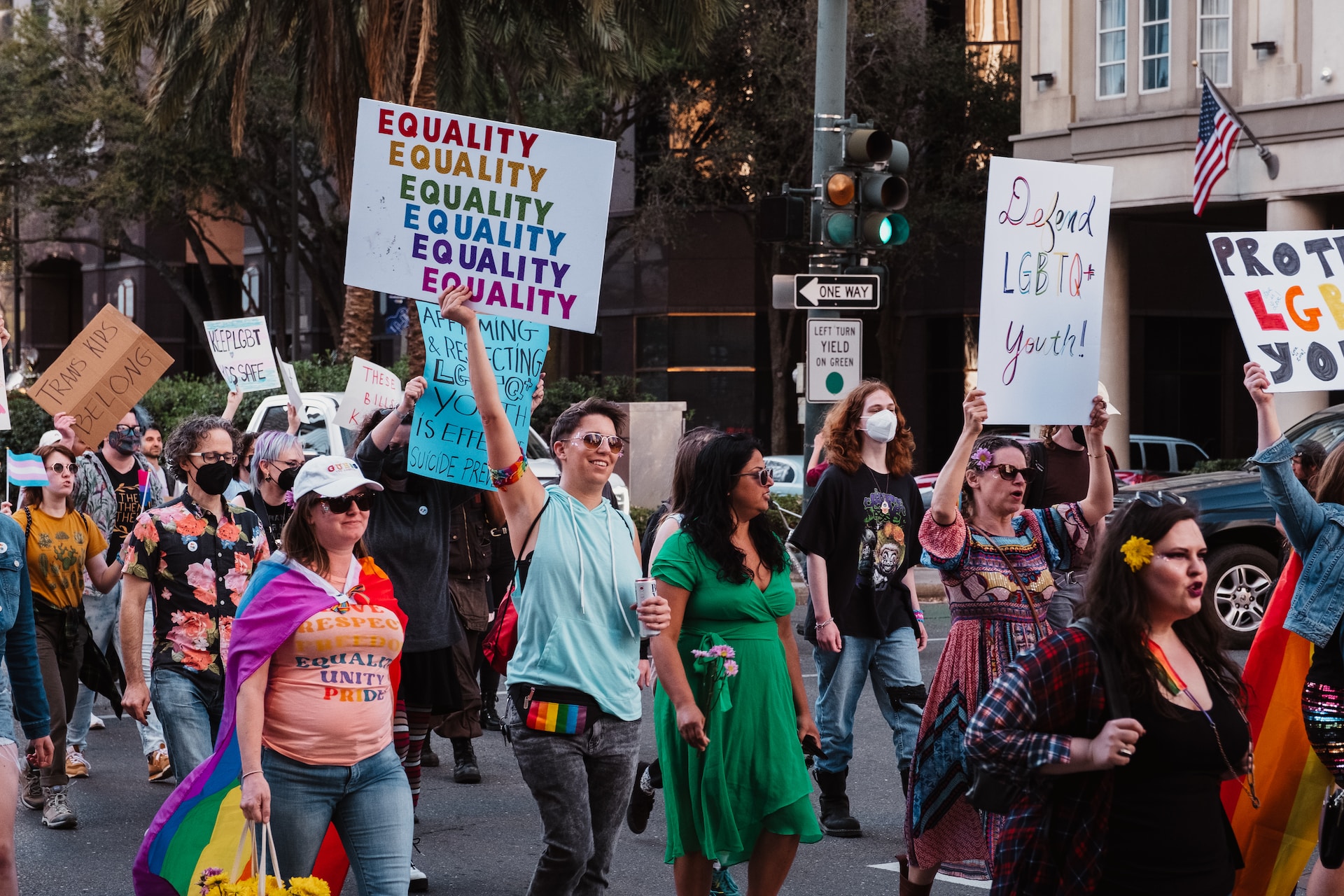
Leaders Celebrate the Win
The victory was met with enthusiastic praise from key figures in the LGBTQ+ community. Annise Parker, President and CEO of the LGBTQ+ Victory Fund, hailed the election as a step away from political bigotry and towards a future devoid of discrimination. Sarah Kate Ellis, President and CEO of GLAAD, also extended congratulations, highlighting the strong voter turnout for LGBTQ+ equality and the fundamental freedoms of all individuals.
The Impact of Representation
Nelson’s success is more than symbolic; it represents a tangible shift towards a more inclusive and diverse political sphere. With a history of supporting key community issues, Nelson is expected to champion policies that foster acceptance and equal rights for all Mississippians. His presence in the legislature will provide a crucial perspective and contribute to a more representative government.
Fighting Hate with Hope
This landmark election comes at a critical time when, according to the FBI’s annual Crime in the Nation report, hate crimes remain prevalent, with race, religion, and sexual orientation being the primary motivators. Nelson’s win is a hopeful counterbalance to these statistics and is anticipated to lead to a more positive lived experience for LGBTQ+ individuals in the South and Midwest.
Looking Forward
With Nelson’s election, Mississippi takes a significant step towards a future where diversity in leadership is not just accepted but celebrated. As the Magnolia State welcomes its first out gay legislator, there is a renewed sense of optimism for a more inclusive, equitable society where everyone is free to be themselves without fear of discrimination.
©equalityvoices.org




